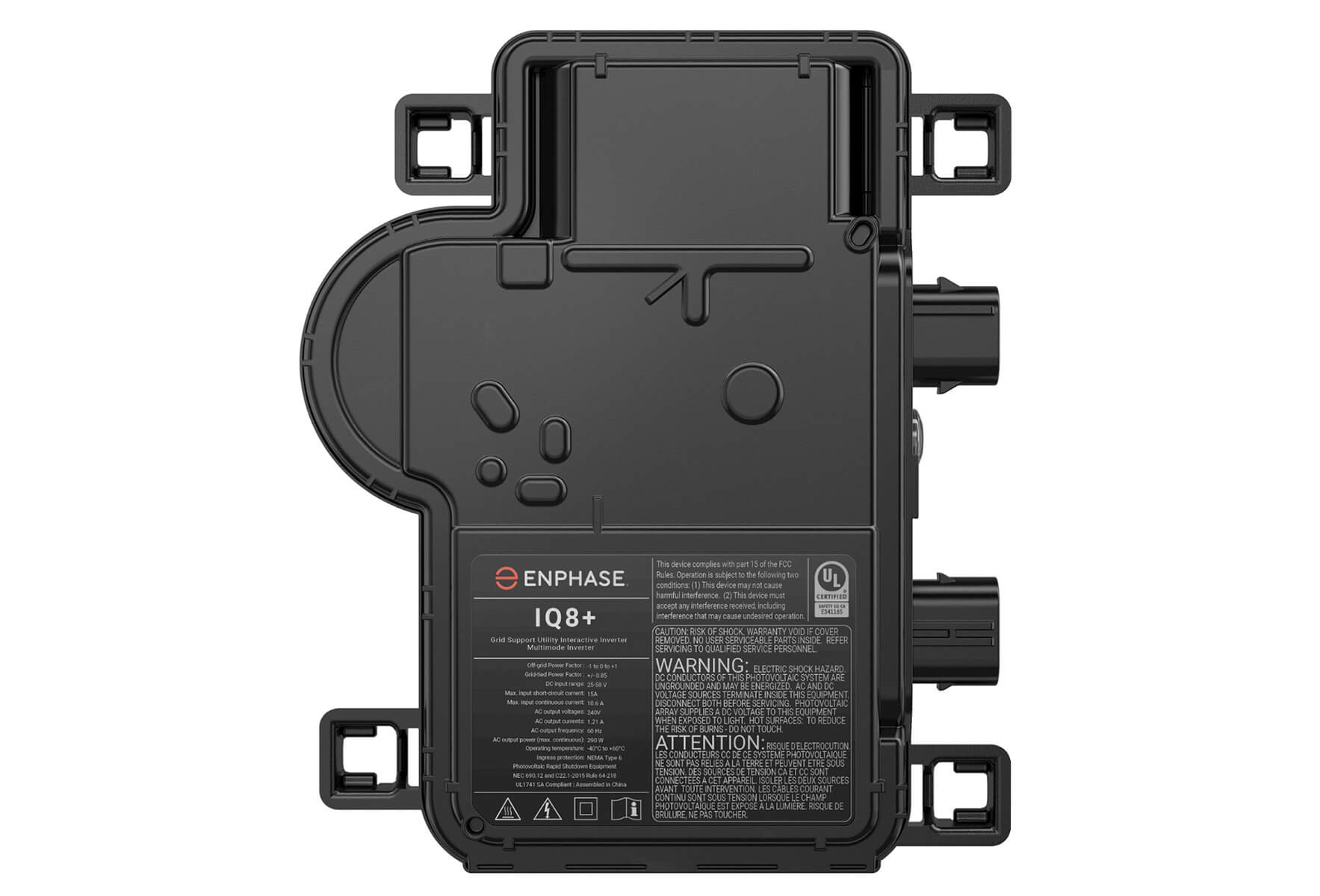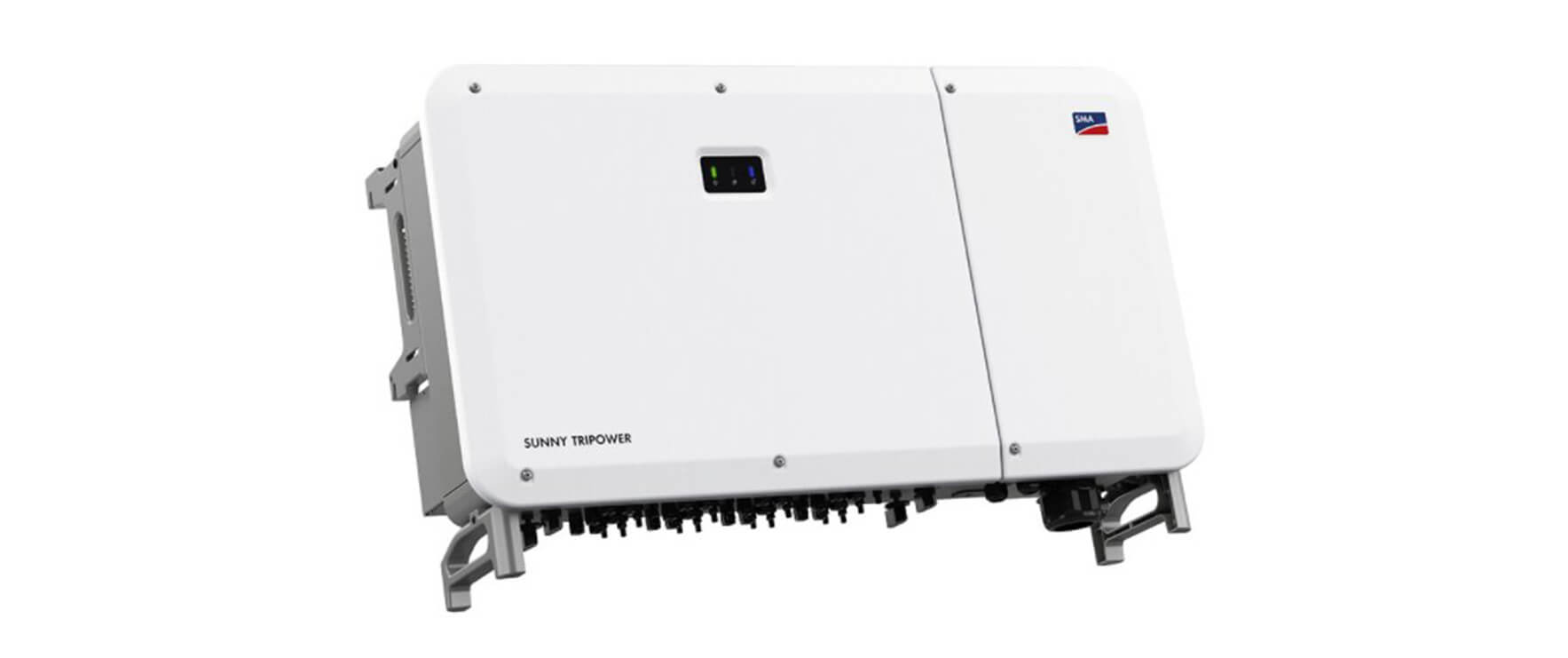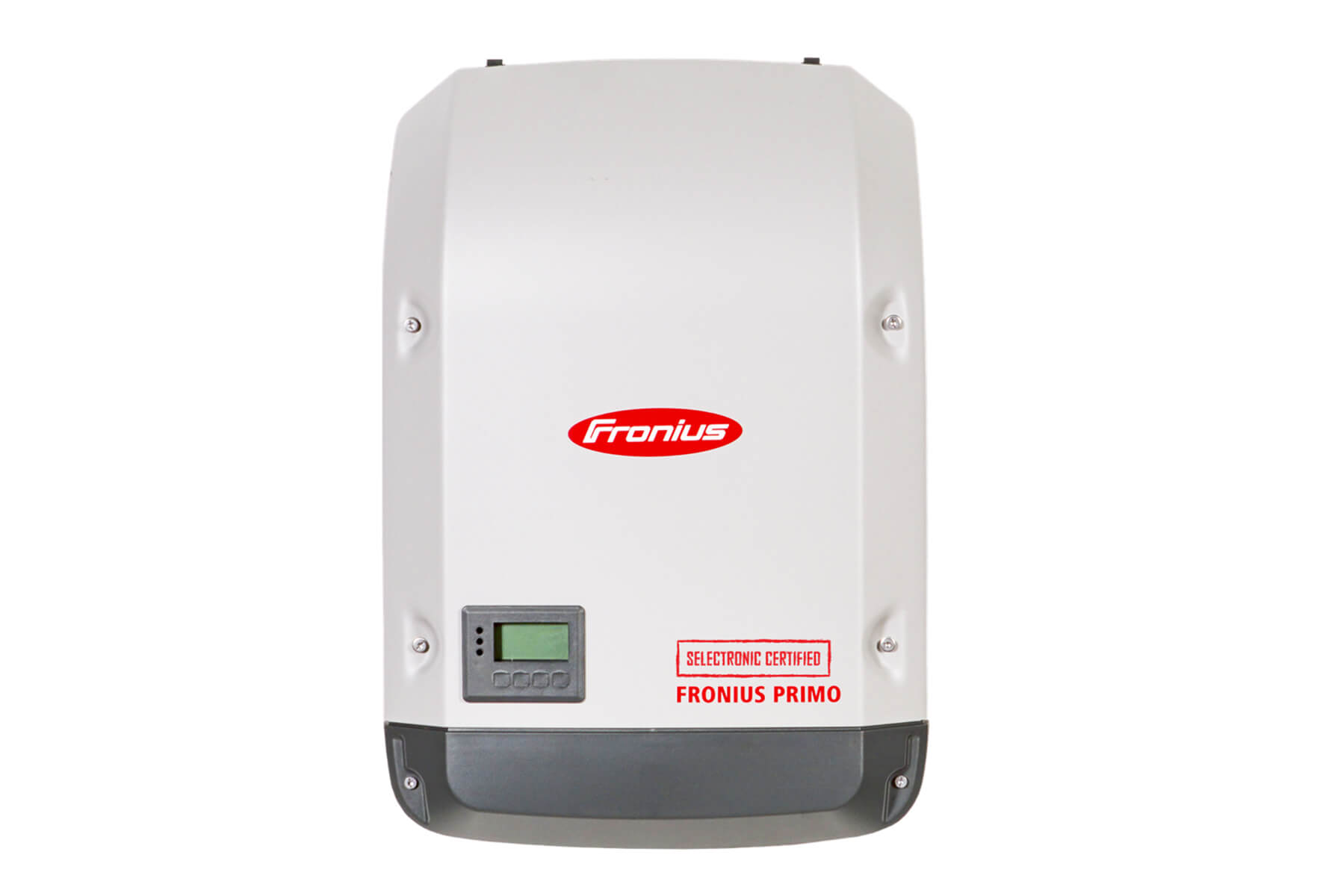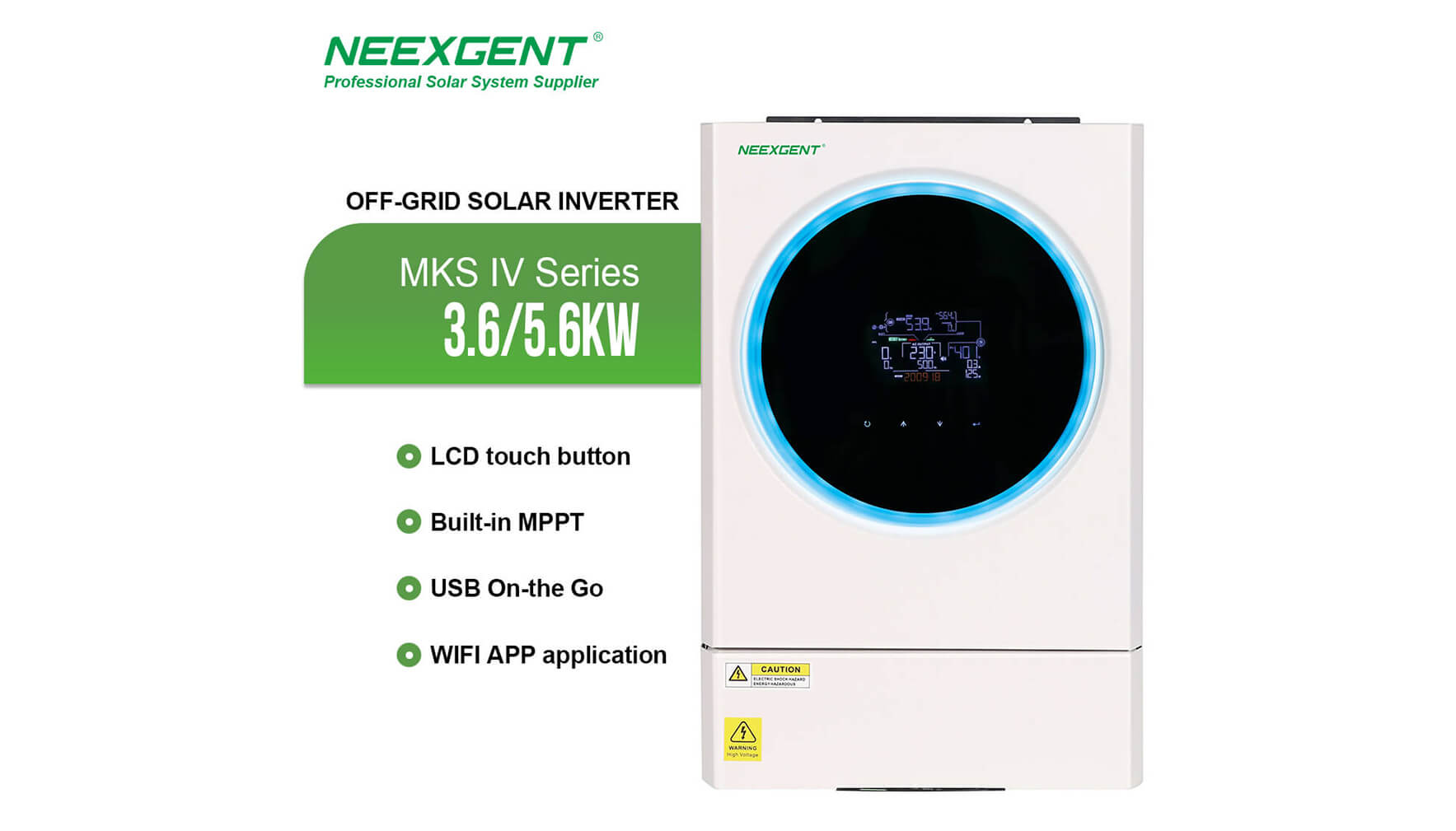Solar inverters are essential components of any solar energy system. They convert the DC power generated by solar panels into AC power that can be used by homes or businesses. In this article, we will look at the top-rated solar inverters for residential and commercial use, based on their efficiency, durability, and affordability.

- Enphase Energy Microinverters
Enphase Energy microinverters are popular among homeowners and installers because of their reliability and flexibility. These microinverters are small and can be installed on each solar panel, making them ideal for installations of any size. The Enphase microinverters also come with monitoring software, which allows users to track their solar energy production in real-time. This software also helps in detecting any issues with the system, making maintenance easier.

SolarEdge is a well-known brand in the solar industry, and their inverters are some of the most efficient on the market. These inverters come with power optimizers, which help to maximize the power output of each solar panel, especially in systems with shading issues. The SolarEdge inverters also come with monitoring software, which provides users with data on the performance of the system. The company also offers a warranty of up to 25 years on their inverters, making them a reliable choice for any solar energy system.

SMA is a German company that has been in the solar industry for over 30 years. Their inverters are known for their high efficiency and reliability. The SMA inverters come with features such as DC disconnect switches and integrated communication capabilities, making them easy to install and maintain. The company also offers a 10-year warranty on their inverters, giving users peace of mind that their system will be reliable for years to come.

Fronius is an Austrian company that has been producing solar inverters for over 25 years. Their inverters are known for their high efficiency and advanced features, such as built-in Wi-Fi connectivity and advanced grid management capabilities. Fronius also offers a 10-year warranty on their inverters, making them a reliable choice for any solar energy system.

ABB is a Swiss company that produces high-quality solar inverters for both residential and commercial use. Their inverters are known for their durability and efficiency, with features such as dual MPP trackers and built-in Wi-Fi connectivity. ABB also offers a 10-year warranty on their inverters, making them a reliable choice for any solar energy system.
Choosing the right solar inverter is essential for any solar energy system. The Enphase Energy microinverters, SolarEdge inverters, SMA inverters, Fronius inverters, and ABB inverters are all top-rated for their efficiency, durability, and affordability. When selecting an inverter, it is important to consider the size of the solar energy system, the location, and the budget. By choosing the right solar inverter, users can maximize their energy production and reduce their carbon footprint.
Selecting the right solar inverter can help users save money on their energy bills in the long run. Efficient solar inverters can help convert more of the DC power generated by solar panels into AC power, reducing the need for energy from the grid. In some cases, solar inverters can also be used in conjunction with battery storage systems, allowing users to store excess energy generated by the solar panels for later use.
When selecting a solar inverter, it is important to consider the specific needs of the solar energy system. For example, if the system is prone to shading or has panels facing different directions, a SolarEdge inverter with power optimizers may be the best choice. If the system is large and requires easy maintenance, Enphase Energy microinverters may be the most suitable option.
It is also important to consider the overall cost of the solar energy system when selecting a solar inverter. While some inverters may be more expensive upfront, they may provide greater long-term savings on energy bills. Conversely, a less expensive inverter may be more affordable upfront, but may not provide the same long-term savings.
Te top-rated solar inverters for residential and commercial use include Enphase Energy microinverters, SolarEdge inverters, SMA inverters, Fronius inverters, and ABB inverters. When selecting an inverter, it is important to consider the specific needs of the solar energy system, including shading, size, and budget. By selecting the right solar inverter, users can maximize their energy production, reduce their carbon footprint, and save money on their energy bills.
Selecting the right solar inverter, it is also important to have the system installed by a professional. Solar energy systems can be complex and require specific knowledge and experience to install properly. By having a professional install the system, users can ensure that their solar energy system is installed safely and efficiently.
Consider when selecting a solar inverter is the warranty offered by the manufacturer. The warranties offered by different manufacturers can vary greatly, with some offering warranties of up to 25 years. It is important to carefully read the warranty offered by the manufacturer and ensure that it covers the specific needs of the solar energy system.

MKS IV Solar Inverter
It is important to ensure that the solar inverter is compatible with other components of the solar energy system, such as the solar panels and battery storage systems. In some cases, certain solar inverters may not be compatible with specific brands or types of solar panels, which could lead to performance issues.
Selecting the right solar inverter is an essential part of any solar energy system. By considering factors such as efficiency, durability, affordability, and compatibility, users can select the best solar inverter for their specific needs. Additionally, having the system installed by a professional and carefully reading the warranty offered by the manufacturer can ensure that the system is safe and reliable for years to come. By selecting the right solar inverter and having the system installed properly, users can maximize their energy production, reduce their carbon footprint, and save money on their energy bills.











